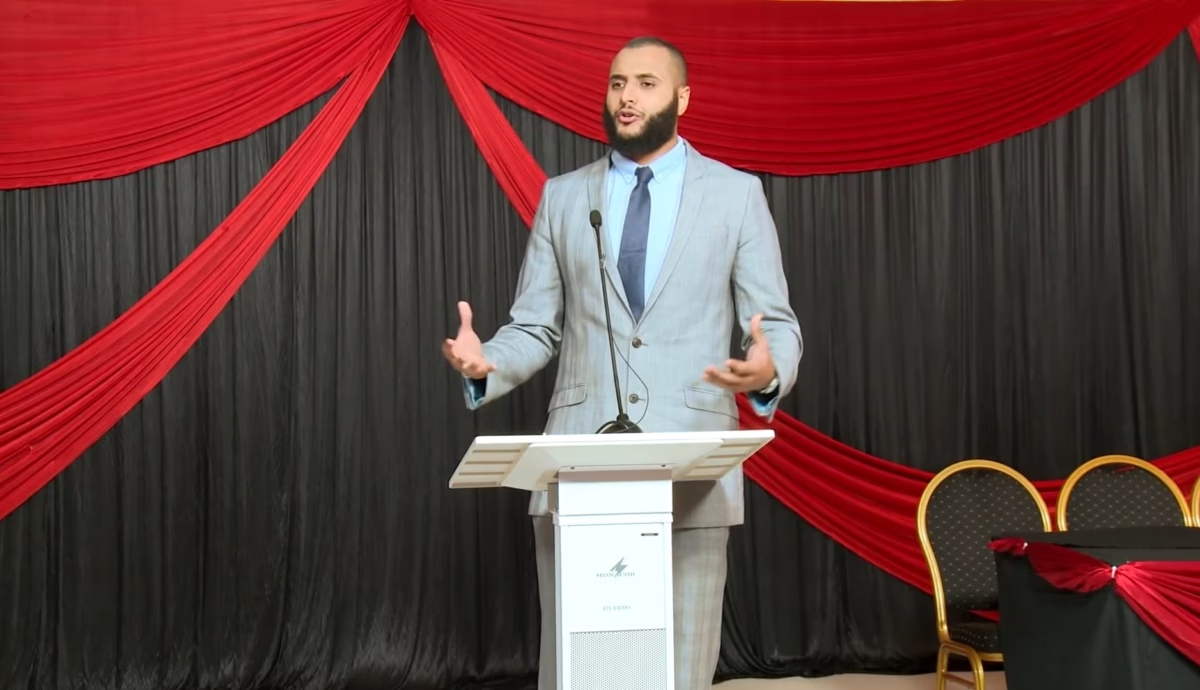In the pursuit of justice, the path is not always linear. Recently, we represented Mohammed Hijab, a public figure and debater, in a defamation case that, despite a finding of defamation, did not result in a favourable judgment. This case has raised important questions about the current state of defamation law in the United Kingdom, particularly the “serious harm” test, and its application in an era of digital media and polarised discourse. This blog post aims to shed light on our client’s case, the court’s decision, and the wider implications for freedom of speech and the protection of reputation.
The Case of Mohammed Hijab
Our client, Mohammed Hijab, is a well-known figure with a significant online presence. He is a respected voice in the Muslim community and is known for his public debates and lectures on a variety of topics. In the autumn of 2022, following a period of civil unrest in Leicester, Mr Hijab delivered a speech that was subsequently the subject of an article by Douglas Murray in The Spectator.
Mr Murray’s article, we argued, presented a deeply distorted and damaging portrayal of our client’s words, painting him as an agitator who had incited sectarian violence. We contended that the article took Mr Hijab’s words out of context, selectively quoting him to create a false narrative that was both defamatory and dangerous. Our client’s intention, as we demonstrated in court, was to condemn a specific extremist ideology, “Hindutva,” and not to attack the Hindu community as a whole.
The Defamation Claim and the “Serious Harm” Hurdle
Under the Defamation Act 2013, a statement is not considered defamatory unless its publication has caused or is likely to cause “serious harm” to the claimant’s reputation. This provision was introduced to weed out trivial claims and to ensure that only genuinely damaging statements are actionable. While the intention behind this change was laudable, its application has proven to be a significant hurdle for claimants, as our client’s case demonstrates.
The burden of proof lies with the claimant to demonstrate that the defamatory statement has indeed caused serious harm. This can be a complex and challenging task, often requiring evidence of tangible harm, such as financial loss or social ostracism. In the age of social media, where reputations can be tarnished in an instant, proving a direct causal link between a defamatory statement and specific instances of harm can be incredibly difficult.
A Contradictory Judgment: Defamation Without a Remedy
In a surprising turn of events, the judge, Mr Justice Johnson, found that Mr Murray’s words were indeed defamatory. He acknowledged that the article had portrayed our client in a negative light and had the potential to damage his reputation. However, he ultimately dismissed the case on the grounds that our client had failed to prove that the article had caused “serious harm” to his reputation.
This judgment is, in our view, deeply problematic. It creates a paradoxical situation where a court can acknowledge that a person has been defamed but offer no remedy for the harm they have suffered. It suggests that a person’s reputation can be damaged, but not seriously enough to warrant legal protection. This raises a fundamental question: where do we draw the line between “harm” and “serious harm,” and who gets to make that determination?
The judge’s reasoning appeared to hinge on his assessment of our client’s evidence. He described Mr Hijab as a “liar” and his evidence as “not credible”. We respectfully disagree with this characterisation of our client. Mr Hijab presented his case honestly and to the best of his ability, and we believe that the judge’s assessment was unduly harsh and failed to take into account the complexities of the situation. It is our firm belief that the judge’s negative view of our client influenced his decision on the “serious harm” test, effectively punishing him for his perceived lack of credibility rather than objectively assessing the harm caused by the defamatory statements.
The Wider Implications: A Chilling Effect on Free Speech?
This case has significant implications for anyone who engages in public debate and discourse, particularly those from minority communities. It sends a message that powerful media organisations can publish defamatory statements with impunity, as long as the victim cannot prove “serious harm” to the court’s satisfaction. This could have a chilling effect on free speech, deterring people from speaking out on controversial issues for fear of being subjected to an online smear campaign with no legal recourse.
Furthermore, the judgment highlights the challenges of applying traditional legal principles to the fast-paced and often vitriolic world of social media. In the digital age, a person’s reputation is not just built on their real-world interactions but also on their online presence. A defamatory article can be shared thousands of times in a matter of hours, reaching a global audience and causing irreparable damage to a person’s reputation. The “serious harm” test, in its current form, does not adequately account for this reality.
A Call for Reform
We believe that this case highlights the urgent need for a review of the “serious harm” test in defamation law. The test, as it is currently applied, is too subjective and places an unreasonable burden on claimants. It allows for a situation where defamation can be acknowledged but not remedied, leaving victims of online smear campaigns without any legal protection.
We also believe that there needs to be a greater understanding of the dynamics of online discourse and the ways in which it can be manipulated to cause harm. Media organisations have a responsibility to ensure that their reporting is fair and accurate, and they should not be allowed to hide behind the “serious harm” test to evade accountability for their actions.
Conclusion
While the outcome of this case was not what we had hoped for, we are proud to have represented Mr Hijab and to have brought this important issue to the public’s attention. We will continue to fight for a legal system that protects the reputations of all individuals, regardless of their background or beliefs. We believe that everyone has the right to speak freely without fear of being subjected to a defamatory smear campaign, and we will continue to advocate for a legal framework that reflects this fundamental principle.
This case may have been a setback, but it is not the end of the road. The fight for a fairer and more just legal system continues, and we are confident that, in the long run, justice will prevail.

